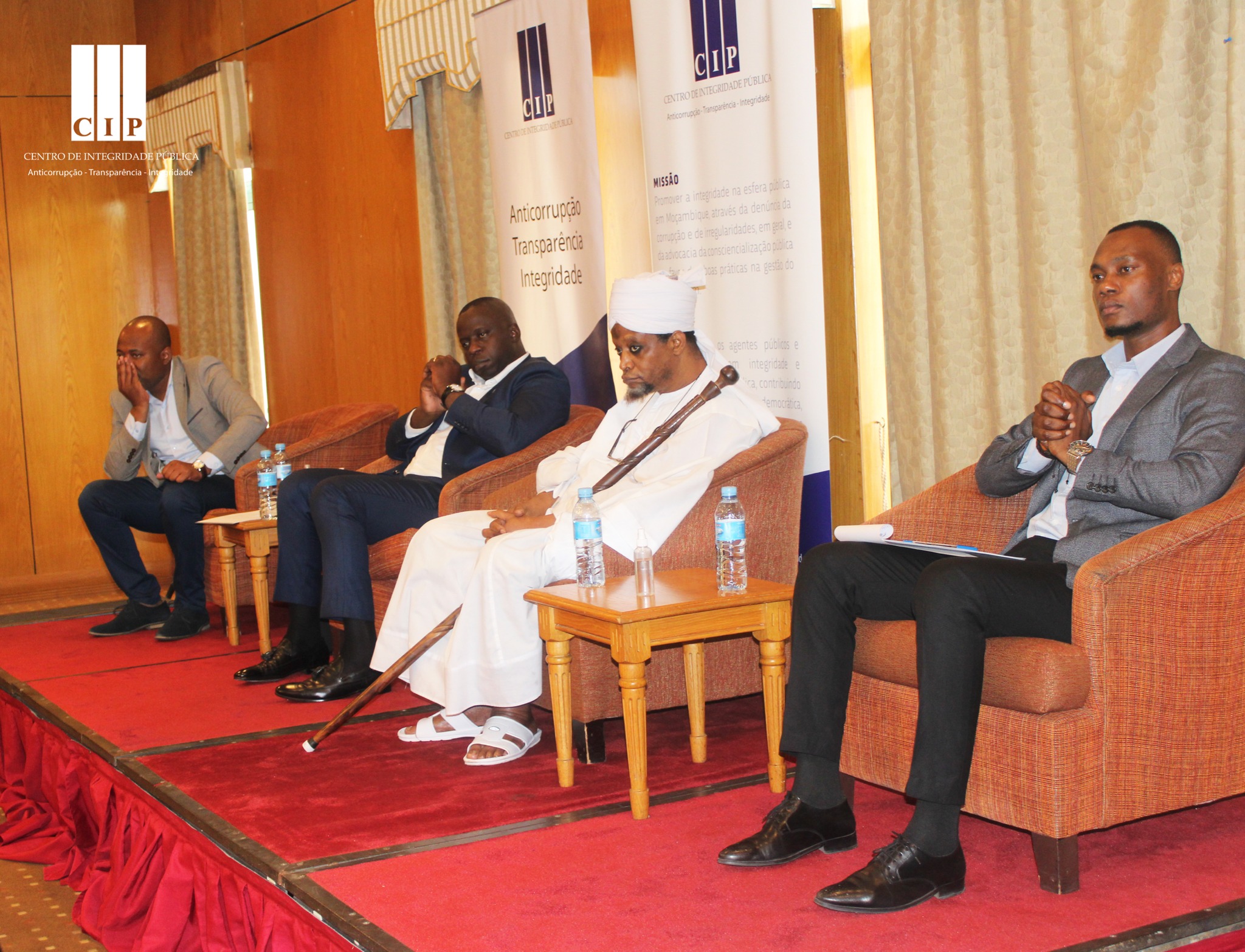Mozambique: Anamola wants in on political dialogue, asks that parliament amends law
Mozambique: NGO warns of conflict of interest in decentralisation

Photo courtesy: CIP
The non-governmental organisation Centre for Public Integrity (CIP) has said that the new configuration of provincial power as part of the decentralisation efforts in Mozambique causes conflicts of interest, warning of the unsustainability of the model for the provinces.
“The new configuration of power at the provincial level reveals this conflict of interest of the promoter of decentralisation (the government of Mozambique), which, in an attempt to transfer power to the provinces, ended up `pursuing’ power by attributing executive functions to the representation of the state provided for in the constitution of the republic,” according to an analysis released by CIP on the decentralisation process in the country.
The 2018 constitutional revision established decentralised governance, operationalised by the “decentralisation package”, aimed at deepening democracy and local development, a model resulting from negotiations between the Mozambican government and the Mozambican National Resistance (Renamo), the main opposition party, aimed at lasting peace.
The agreement accommodated Renamo’s aspiration to be able to elect governors in some provinces but also included a condition by the Mozambique Liberation Front (Frelimo) that the central government appoint provincial secretaries of state with various functions.
For the non-governmental organisation CIP, the alleged “conflict” starts in the attributions and functions of the governor and the secretary of state but also extends to the governance structure of the province.
“For example, a provincial director on the provincial executive council side is responsible for `guiding and supporting the economic and social units of the respective sectors of activities’ […] and a provincial service director on the state representation side is also responsible for guiding and supporting the economic and social units of the respective sectors of activities,” CIP warns in its analysis.
“This legislation has caused stress between the provincial decentralised governance bodies and the state representations in the provinces, undermining the provision of services to citizens and undermining local development,” it adds.
On the other hand, the organisation warned of the unsustainability of the model for the provinces in financial terms, criticising the fact that the revenues of the organs of decentralised governance under the law are limited only to fees and do not include taxes, which continue to be collected by the central government.
“It is not possible to imagine any development based on fees,” the CIP stressed, adding that the possible consequence would be the tendency for decentralised governance bodies to increase fees due to the lack of resources to operationalise their projects.
“It is also important to consider that legislation on financial and fiscal decentralisation, like any other thematic legislation, should be consolidated into a single law for all decentralised entities (provincial, district and local authorities) and not fragments, which make the system of intergovernmental fiscal relations disjointed and incoherent,” concluded the Mozambican NGO.
- To read, download the full CIP analysis, in Portuguese, please click HERE.













Leave a Reply
Be the First to Comment!
You must be logged in to post a comment.
You must be logged in to post a comment.